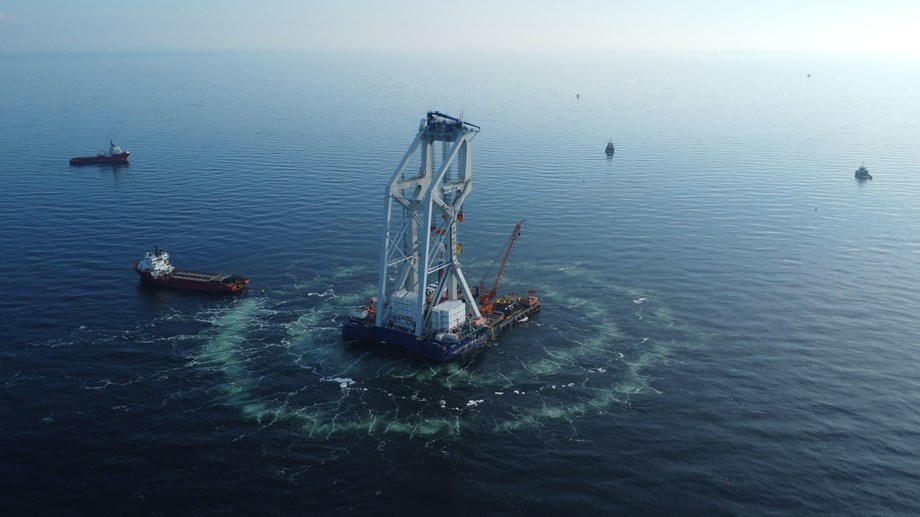In 2024, Germany faces a considerable reduction in federal funding for project research, particularly impacting energy research. The Fraunhofer Group for “Energy Technologies and Climate Protection” warns that a 30% reduction in funding for new projects compared to the previous year could severely hinder the country’s ability to innovate in essential energy transition technologies. This group, comprising nine Fraunhofer-Gesellschaft institutes, is pivotal in advancing application-oriented energy research.
“Public research funding is crucial for the swift and successful implementation of the energy transition. It forms the basis for effective collaboration between companies and scientific institutions in developing and launching new technologies,” states Prof. Dr. Hans-Martin Henning, Chairman of the Fraunhofer Group and Director of the Fraunhofer Institute for Solar Energy Systems ISE. He warns that the funding cuts could undermine critical innovations needed for Germany to meet its climate targets and maintain its leadership in future technologies, increasing the risk of reliance on foreign technologies.
The 2024 budget from the Federal Ministry for Economic Affairs and Climate Protection (BMWK) sees a 12% reduction in “Energy research” appropriations. Furthermore, a Federal Constitutional Court ruling in November 2023, resulting in a €60 billion reduction in the Climate and Transformation Fund (KTF), has led to substantial cuts in research funding for energy transition technologies. The Federal Ministry of Education and Research (BMBF) also anticipates up to a 30% reduction in available project funding, with potential further cuts in 2025.
These funding cuts are already impacting research activities. Several pending funding applications for current and future projects have been denied, and the acceptance of new applications for BMWK’s KTF programs has been paused since December 2023. “The current cuts affect the entire spectrum of renewable energies and key technologies, from wind energy, photovoltaics, and geothermal energy to hydrogen and heat, as well as overarching system solutions,” adds Prof. Dr. Andreas Reuter, Deputy Chairman of the group and Director of the Fraunhofer Institute for Wind Energy Systems IWES. He highlights that these cuts are leading to job losses within research institutes, reducing the workforce needed in these promising industries.
The federal energy research programs have historically driven significant innovations through joint projects between research institutions and industry. These projects have ranged from applied basic research to demonstration and market launch support. Publicly funded research has also been vital for training skilled labor, with around 15,000 specialists trained in recent years, mainly through these projects. The current cuts threaten this training pipeline, exacerbating the existing skilled labor shortage crucial for future technologies like electrical energy storage systems.
Fraunhofer-Gesellschaft’s commitment to transferring research results, licenses, and qualified personnel to industry is at risk due to these funding cuts. Although the basic funding of Fraunhofer institutes remains unaffected, the cuts significantly impact research activities conducted in partnership with industrial companies.
The Fraunhofer-Gesellschaft, headquartered in Germany, is a leading global applied research organization. Its “Energy Technologies and Climate Protection” group strategically directs its energy research, pooling expertise from nine member institutes, including the Fraunhofer Research Institution for Energy Infrastructures and Geothermal Systems IEG and the Fraunhofer Institutes for Energy Economics and Energy System Technology IEE, Solar Energy Systems ISE, and Wind Energy Systems IWES.
















